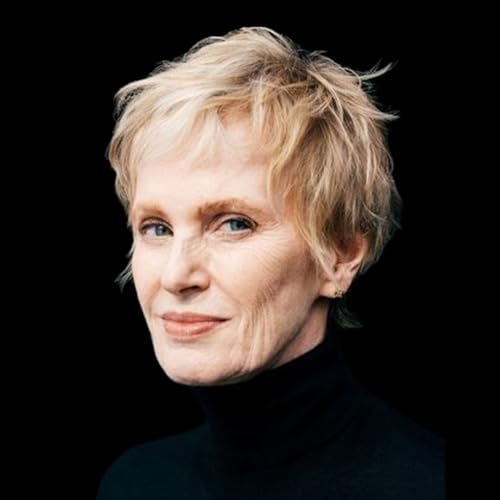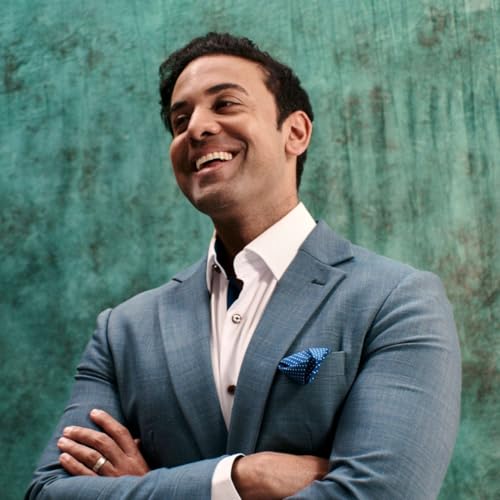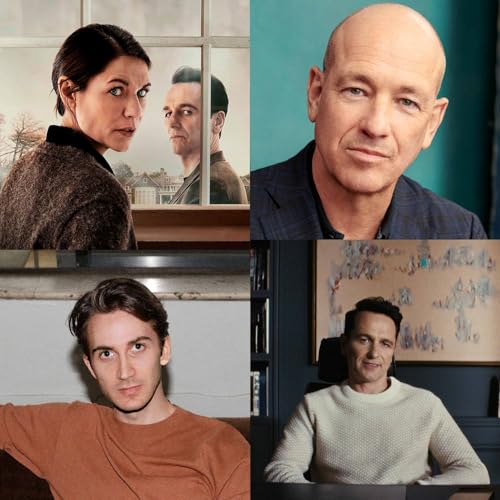“Grief happens because you don't stop loving the person who died. The person doesn't exist in your reality anymore. The everyday is not colored and shaped by this other human being, but you don't stop loving the person. So grief is a particular kind of unrequited love. And probably without that dynamic relationship with this person, I would be someone else. And he would've been someone else. I mean, Paul died before me. But we were, I think, hugely important to the drama of becoming in our own lives.”
Today, we are honored to welcome a writer whose work has long explored the intimate landscapes of the mind, memory and the heart. Siri Hustvedt’s writing moves between the personal and the philosophical, the literary and the deeply human. Her work bridges collections of essays, non-fiction, poetry, and seven novels, including the international bestsellers What I Loved and The Summer Without Men. Recipient of the Princess of Asturias Award for Literature and the Gabarron Prize for Thought, her work has been translated into over thirty languages. Her new memoir, Ghost Stories, is a reflection on forty-three years shared with her late husband, the writer and filmmaker Paul Auster. In its pages, we encounter not only love and loss, but the quiet persistence of presence, memory, and language itself.
(0:00) Grief as Unrequited Love
Siri explores the emotional reality of living without Paul Auster, noting that grief occurs because love does not stop when a person dies.
(4:00) Facing Death with Courage
The importance of not hiding from mortality and how discussing end-of-life wishes offered a necessary perspective.
(12:37) Reading from Ghost Stories
Siri reads the opening passage of her memoir, detailing how the loss of her husband deranged her sense of time and bodily rhythms.
(18:41) The Phantom Limb: ” The beloved is taken away and it feels as if you're amputated or gutted.”
(21:50) Grandfather, Father and Son: Generational Traumas Behind Paul Auster's Writing
(24:11) How Powerful Emotions and a Person's Life Can Play a Role in Illness
(30:09) Feeding the Earth
"Paul very pointedly told me that he wanted to be buried in the Jewish mode. And the phrase he used was, “I want my body to feed the earth.”
(44:23) Physical Love in Marriage
On the importance of physical intimacy in long-term marriages, a reality often left out of grief memoirs.
(54:00) The Philosophy of the Between
How relational existence is foundational to life.
(1:00:16) The Hubris of Controlling Nature
(1:12:00) The Dark History of Statistics
(1:32:12) The Art of Learning vs. AI and Automated Outcomes
“I think we have to ask ourselves, what is education? What do we want from it? How do we want people to learn?
Episode Website
www.creativeprocess.info/pod
Instagram:@creativeprocesspodcast
 1 h et 38 min
1 h et 38 min 22 min
22 min Jan 23 202648 min
Jan 23 202648 min Dec 2 202516 min
Dec 2 202516 min Nov 27 20251 h et 2 min
Nov 27 20251 h et 2 min 18 min
18 min 14 min
14 min Nov 6 202544 min
Nov 6 202544 min
